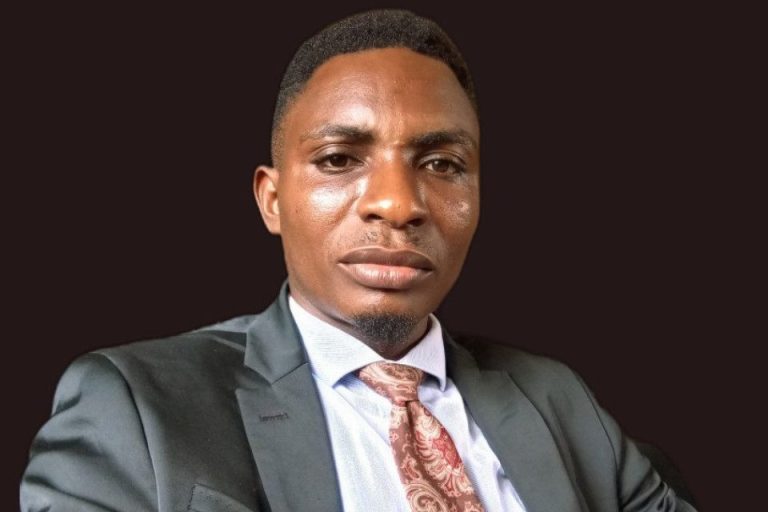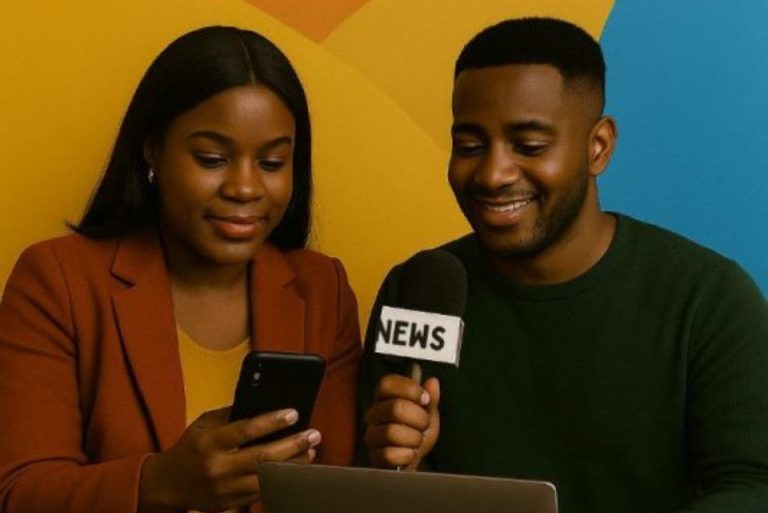
Building on previous co-operation with the African Court of Human and Peoples’ Rights, the United Nations Educational, Scientific and Cultural Organisation (UNESCO) has shown support for the African Annual Judicial Dialogue by participating in the fourth annual dialogue organized by the Court, which took place in Kampala, Uganda, from October 30 to November 1, 2019.
Titled “Tackling contemporary human rights issues: the role of the judiciary in Africa”, the event was opened by H.E. Yoweri Museveni, president of Uganda and attracted senior judges from across Africa.
This edition explored issues such as the rights of refugees and indigenous people, the right to bring legal action concerning elections result disputes, and the issue of rights in relation to the fight against terrorism.
The honourable Justice Sylvain Ore, President of the African Court of Human and Peoples’ Rights, in opening remarks urged more African countries to accede to the protocol allowing individuals and NGOs to bring cases to the Court.
In his remarks, Guy Berger, UNESCO director for Freedom of Expression and Media Development, emphasised how the rights to freedom of expression and access to information help to promote and protect the particular rights under focus in the agenda of the judges’ dialogue.
Guy also shared the work that UNESCO is doing to promote knowledge of international and regional standards for freedom of expression within Africa’s judicial processes.
According to him: “UNESCO works with African governments and stakeholders to replace enduring colonial era laws with legal instruments that are more suited to Africa’s Agenda 2063, and which are also more conducive to achieving the universal Sustainable Development Goals – especially the goal that calls for public access to information and fundamental freedoms.”
The UNESCO director disclosed that the organization has memoranda of co-operation with the African Court of Human and Peoples’ Rights, the ECOWAS Court, the Inter-American Court of Human Rights, the Ibero-American Summit of Judges, and the Latin American prosecutors association.
Guy noted further that UNESCO operates various training programmes for judges, which have now involved over 12,000 people in the judiciary in Latin America, while a pilot in Africa has reached 650 and will continue on a larger scale in the future.
He drew attention of participating judges to the date of November 2, designated by the UN General Assembly as the International Day to End Impunity for Crimes against Journalists. The date selected by the UN General Assembly November 2 is the date two French journalists were assassinated by terrorists on African soil.
He further disclosed that: “A total of 51 journalists have been murdered in Africa in the past five years, with most of these crimes of ultimate censorship being committed with complete impunity.”
He however, recognized that there had been major jurisdictional strides in protecting free expression in several African institutions of justice, such as key rulings on torture and killings of journalists and criminal defamation.
“UNESCO hopes there will be many more such judicial decisions, and at continental, regional, sub-regional and national levels. This is because decisions like these underline that the rule of law protects society’s right to exercise freedom of expression without fear.
“Such rulings help to underline the right to expression. In turn, this contributes to enabling a free flow of information as the foundation for truth and progress, and for journalism to be protected in its role of being an antidote to disinformation, hate speech, corruption and human rights violations,” said Guy





